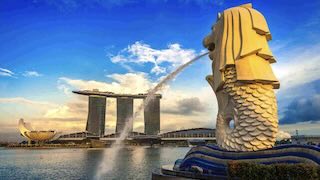TOKYO, Jul 27 (NHK) - A Japanese government panel has been discussing raising the country's average minimum wage this fiscal year amid a rising cost of living. The focus is on whether it will reach 1,000 yen, or about 7 dollars and 9 cents per hour, for the first time.
The labor ministry panel includes representatives from unions and corporate management. The discussions for this fiscal year began last month. The panel held its fourth meeting on Wednesday.
It was held behind closed doors following a presentation by the ministry on an analysis of rising prices.
The minimum wage level is set by each prefecture based on the panel's recommendations. The current nationwide average stands at 961 yen, or about 6 dollars and 82 cents.
Labor union representatives have been calling for a significant raise. They said in previous discussions that with minimum hourly wage at the current level, workers' annual income would remain at around 2 million yen, or 14,200 dollars, even if they worked about 2,000 hours. They pointed out that this was low, even by global standards.
Companies were more cautious. They expressed concern that a rise in minimum hourly wage would increase the burden on small- and medium-sized businesses supporting regional economies. They warned that more firms could go out of business or go bankrupt.
The government has set a goal to achieve an average minimum hourly wage of 1,000 yen.
Source: ANNnewsCH














